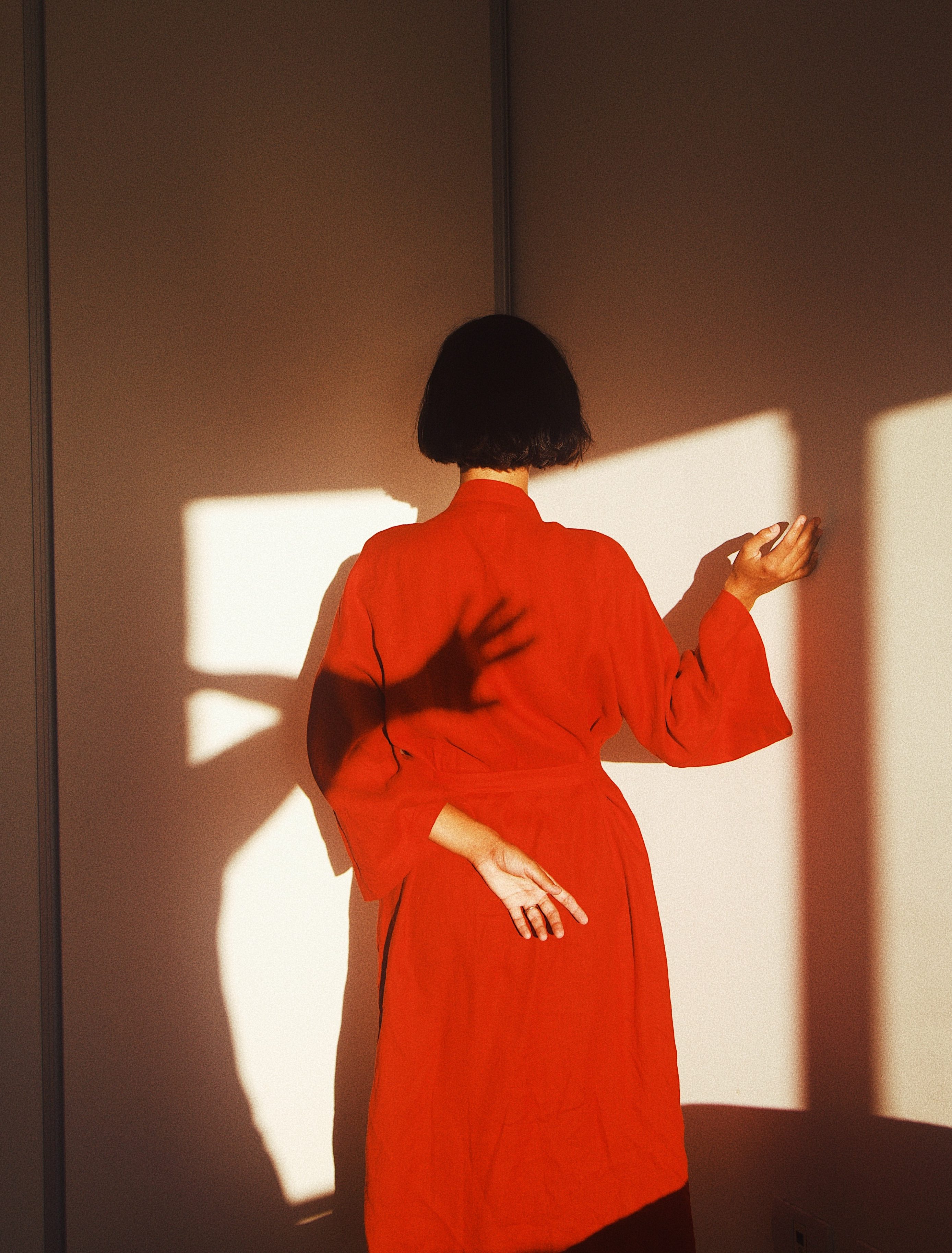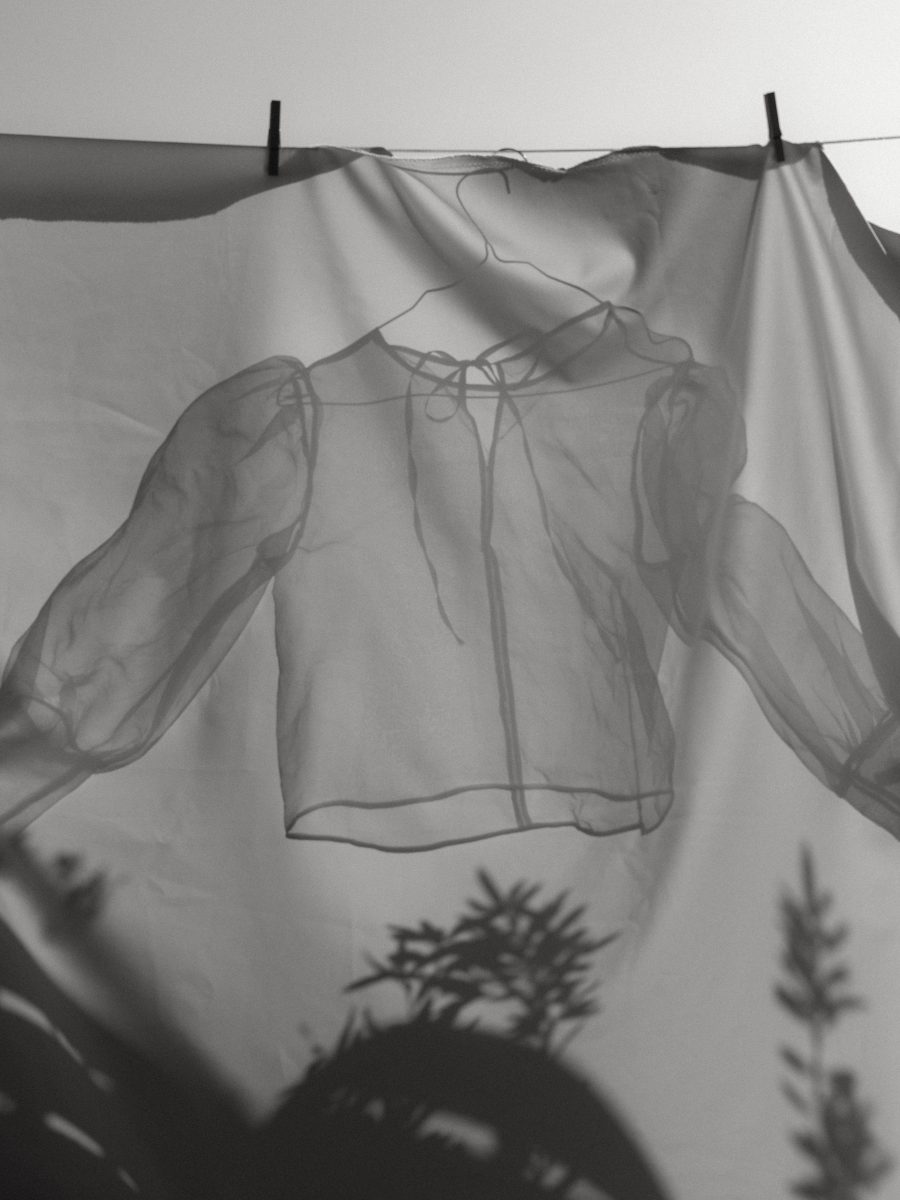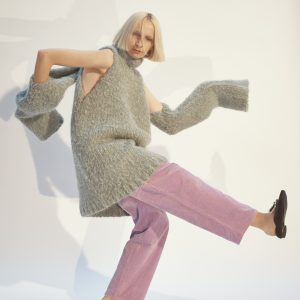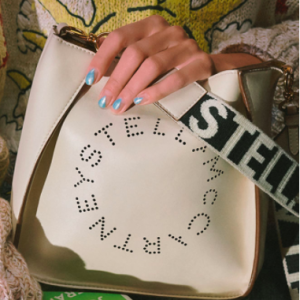The WIFF – or Women’s Institute of Furloughed Females – was born from a joke, a remark that could just as well have sunk into oblivion; the creation of a WhatsApp group cemented its existence as a thing. Even though we weren’t all, strictly speaking, furloughed, we all, for a reason or another, had found our careers put on hold for the space of a summer. First three, then four of us.
Equipped with picnic blankets, sunscreen, reusable cups and an indispensable bottle opener, we’d convene by ‘our tree’ in the park. Wine in hand, we watched the world go by while talking about books, David Beckham, foraging. We mused on dowsing and forest bathing, just as we did politics and the state of the universe. We had a running joke about becoming Instagram influencers for the local shop. We reminisced about our first days in London, about how we all met. We laughed and grumbled. Of a Tuesday afternoon, while the rest of the world was working, Clissold Park became a playground for our thoughts in which we shared our pains, worries and problems with one another.
The headlines, compounded with our own personal situations, spelt out a confusing forecast for individuals like us whose jobs consist of creating what is deemed to be non-essential in a society that now pitted essential against non-essential. The insecurity that goes with being a creative was suddenly bought into the light and magnified. We belonged to the increasingly unstable web that the creative industry forms, hanging in fine balance and at risk of being upended at any moment.
Now more than ever, the fragile nature of our work, dependent on frail contracts, not to mention the whims and fancies of clients, was apparent. Our feeling of helplessness was made all the more complex by having to make sense of our plight when so many others around us were suffering.
How long would our lives be suspended in this way, we didn’t know; so much was up in the air. Faced with the realities of being a creative in a shaken, weakened capitalist world, we found ourselves forced to rethink our futures. In view of cancelled projects and loss of earnings we were forced to adjust, even make life-changing decisions.
Despite our worries, it was also a summer of plots and dreams. We escaped London by tasting wines and cheeses from Europe and beyond; we fantasised about fancy hotels, poolside cocktails and getaways; we gave shape to our post-pandemic futures in our minds.
We had picnics, each more elaborate than the other – our initial repast of supermarket hummus and crisps was quickly supplanted by ambitious spreads of homemade sausage rolls, tarts and salads. We tasted a whole range of cheddars over the course of several weeks, just because we could.
It was the summer we all got tanned. Proper tans, ones that didn’t fade within a day. We met for coffee and ice cream in torrential rain and watched the sun melt into London rooftops after a long summer’s day. We danced to Robyn; we climbed a tree; we took a local train and traipsed through meadows to go swimming in a river. We made plans for excursions that would never actually come to fruition but it didn’t matter.
We had time.
And that, I am convinced, is the reason we’ll forever be nostalgic for summer 2020. While it was frustrating to have been bought to a standstill in more than one way and while there were, inevitably, moments of great boredom and anxiety it was also the summer that offered us the time to stop, to think, to be. Time is a luxury that life in London had so rarely ever afforded us; now, we could make of time what we wanted.
Devoid of work, we turned our minds to new activities. New objects came into being: dried and pressed flowers, chutney from a glut of green tomatoes that refused to ripen, a sketch of daffodils pinned to the fridge, meditative words on paper. Creative projects that had always been on the back-burner, ones that had forever been relegated to a time when we would ‘have more time’ suddenly saw the light of day. Elaborate crocheting projects evolved alongside more mundane tasks such as the repainting of kitchen cupboards or the replanting of a jasmine which had been idling in a pot for three or four years. We became aware of the immediate universe around us, the one that lay within arm’s reach – our gardens, local parks, the canal – and it became a source of inspiration. We borrowed from it, transformed and celebrated it. If we couldn’t exercise our jobs, then we would find other means of creative gratification.
Because there were four of us, and perhaps also because we had given ourselves an official status as a group, we soon learnt to accept our precariousness. Maybe it didn’t matter that we were no longer able to constantly produce, produce, produce. Maybe it wasn’t such a bad thing, that, for once, we had a decent amount of time off rather than bouncing from one project to another, ceaselessly. Had we each been navigating this new world alone, it would have, undoubtedly, been a different matter but our exchanges about everyday tedium and frustrations were a reminder that we were all, in some way or other, experiencing a situation that was as strange as it was imposed. Through shared messages and talks we came to realise that it was ok to accept what was happening. Gradually, we learnt to shed the sense of guilt that arose from this newfound time and started to enjoy it instead.
As autumn made its appearance, as life started to resume its pre-pandemic course, as work started to roll in once more and new projects started to fall into place, our WIFF meet-ups became less frequent and less spontaneous. With that came a vivid sensation reminiscent of school years: that bittersweet end-of-summer, back-to-school feeling. While it felt good to be reunited with our careers and plans, there was a sense of sadness in leaving behind those weeks of being outdoors, of being in a suspended state marked by oscillating emotions, of doing as we pleased and of doing nothing. Even now, before time has had a chance to work its idealising effect on memory, I look back with fondness on a summer that turned out to be one like no other.








